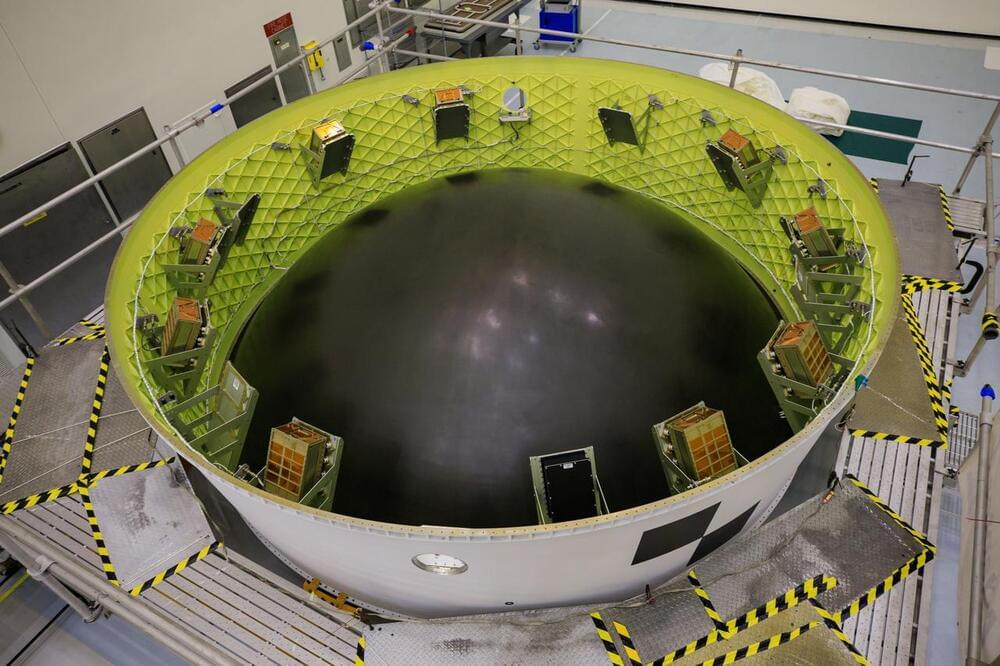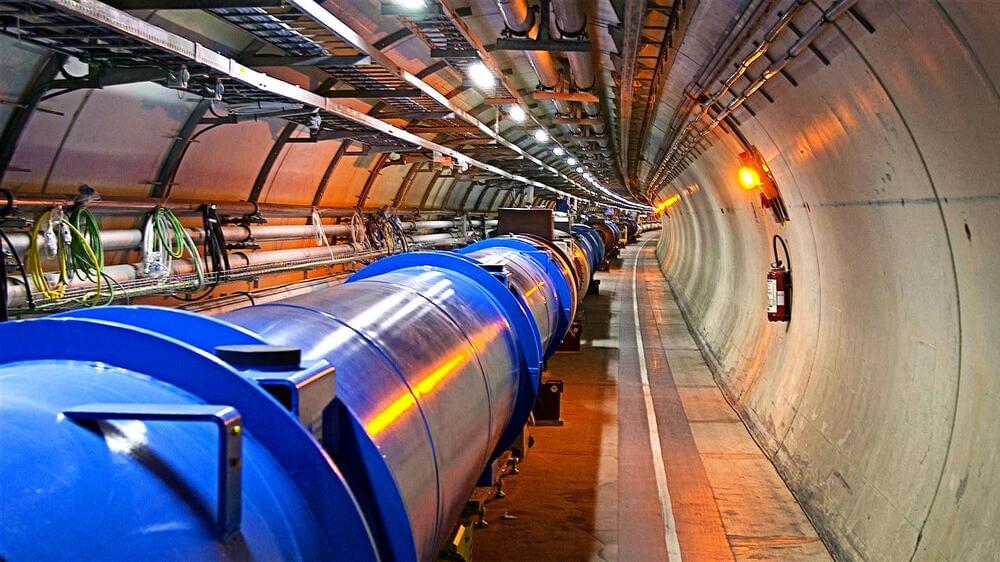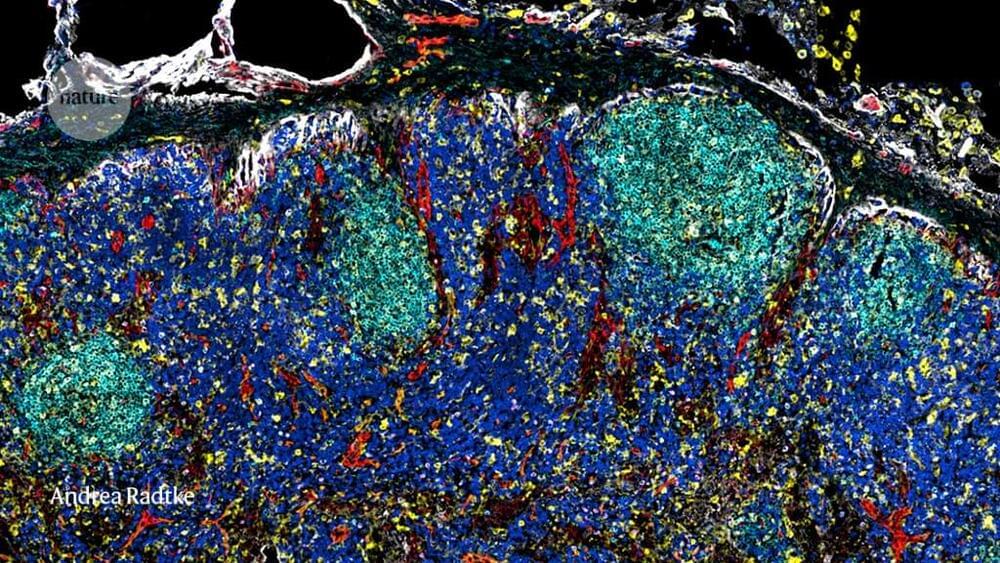Workers at NASA’s Kennedy Space Center have lifted the Orion Stage Adapter on top of the Space Launch System moon rocket, adding the structure housing 10 CubeSat rideshare payloads heading into deep space on the Artemis 1 mission. But three of the CubeSat missions missed their opportunity to fly on the first SLS mission.
Teams inside the Vehicle Assembly Building at Kennedy raised the Orion Stage Adapter on top of the Space Launch System rocket Friday evening, according to Madison Tuttle, a NASA spokesperson.
The mounting of the circular adapter structure is one of the final steps in stacking the SLS rocket inside High Bay 3 of the iconic assembly building. The Orion spacecraft, NASA’s human-rated moon ship, will be added to the rocket in the coming days to complete the build-up of the 322-foot-tall (98-meter) launch vehicle for an unpiloted test flight to lunar orbit and back to Earth.







